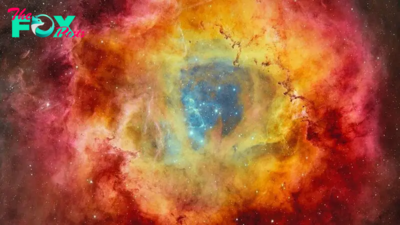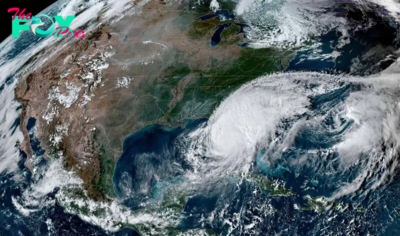Science
'You could feel the energy and wonder': Despite clouds, totality wows crowds during solar eclipse in Syracuse
Syracuse, N.Y. — On Monday morning (April 8), a crowd began gathering on the lawn of the Milton J. Rubenstein Museum of Science & Technology (MOST), hoping to witness a total solar eclipse.
"I've seen a number of partial [solar] eclipses, but this is my first total eclipse," said Lindsay Hays, a program scientist in the Planetary Science Division at NASA Headquarters. "So I'm very excited for it."
Hays answered questions from eclipse viewers as a part of the museum's Solar Eclipse Festival, which lasted from 12 p.m. to 4 p.m. ET Monday, though many arrived earlier. With free eclipse glasses, a huge eclipse cake and a variety of vendors and food trucks, the event brought a communal eclipse experience to downtown Syracuse's Armory Square. Attendees, including many families with children, stretched out on picnic blankets in the mild weather.
One attendee, Christopher Ducey of Solvay, New York, set up a Cave Astrola telescope from the 1970s on the lawn. The vintage telescope is heavy and bulky by modern standards, Ducey said.
"But I like this old thing, and it easily converts to a really nice projecting solarscope, which is what I'm using it for today," Ducey added. Earlier in the day, the telescope's eyepiece cast a crisp projection of the sun onto a screen behind it, but clouds prevented the solarscope from working later in the day.
Related: Here are the best photos of the April 8 total solar eclipse over North America
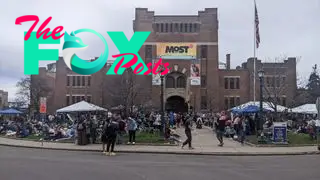
Still, the morning's clouds were patchy, and attendees remained optimistic that they might get a glimpse at totality — the moment during a total solar eclipse when the moon completely blocks the sun's disk, plunging the ground below into shadow. If the cloud cover remained light, Hays said, there was a chance that the eclipse itself could cause the clouds to dissipate slightly. The decreased sunlight could limit the evaporation of water into the atmosphere, she said, resulting in fewer clouds forming. Hays said this same effect often causes the sky to clear up slightly during the night.
-

 Science4d ago
Science4d agoInside Capitol Hill’s Latest UFO Hearings
-
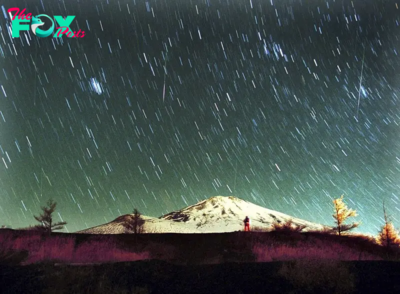
 Science4d ago
Science4d agoYou Won’t Want to Miss the Leonid Meteor Shower. Here’s How and When You Can See It
-
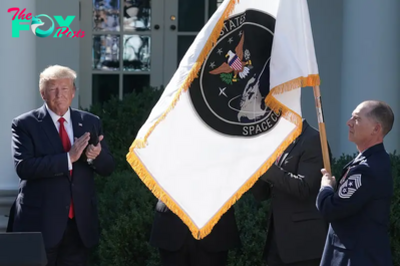
 Science5d ago
Science5d agoHere’s What Trump’s Win Means for NASA
-
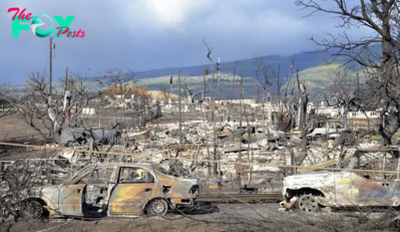
 Science1w ago
Science1w agoWhy Risky Wildfire Zones Have Been Increasing Around the World
-
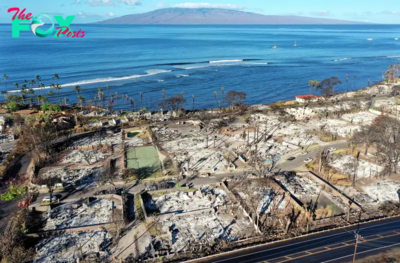
 Science1w ago
Science1w agoIt’s Time to Redefine What a Megafire Is in the Climate Change Era
-

 Science1w ago
Science1w ago4 Astronauts Return to Earth After Being Delayed by Boeing’s Capsule Trouble and Hurricane Milton
-
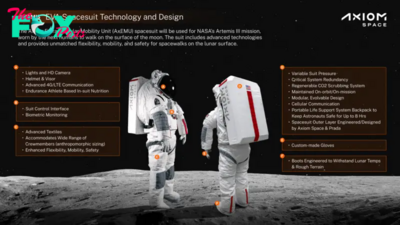
 Science1w ago
Science1w agoThe Elegance and Awkwardness of NASA’s New Moon Suit, Designed by Axiom and Prada
-
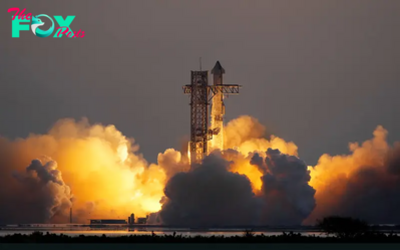
 Science2w ago
Science2w agoSpaceX Launches Its Mega Starship Rocket. This Time, Mechanical Arms Catch It at Landing
